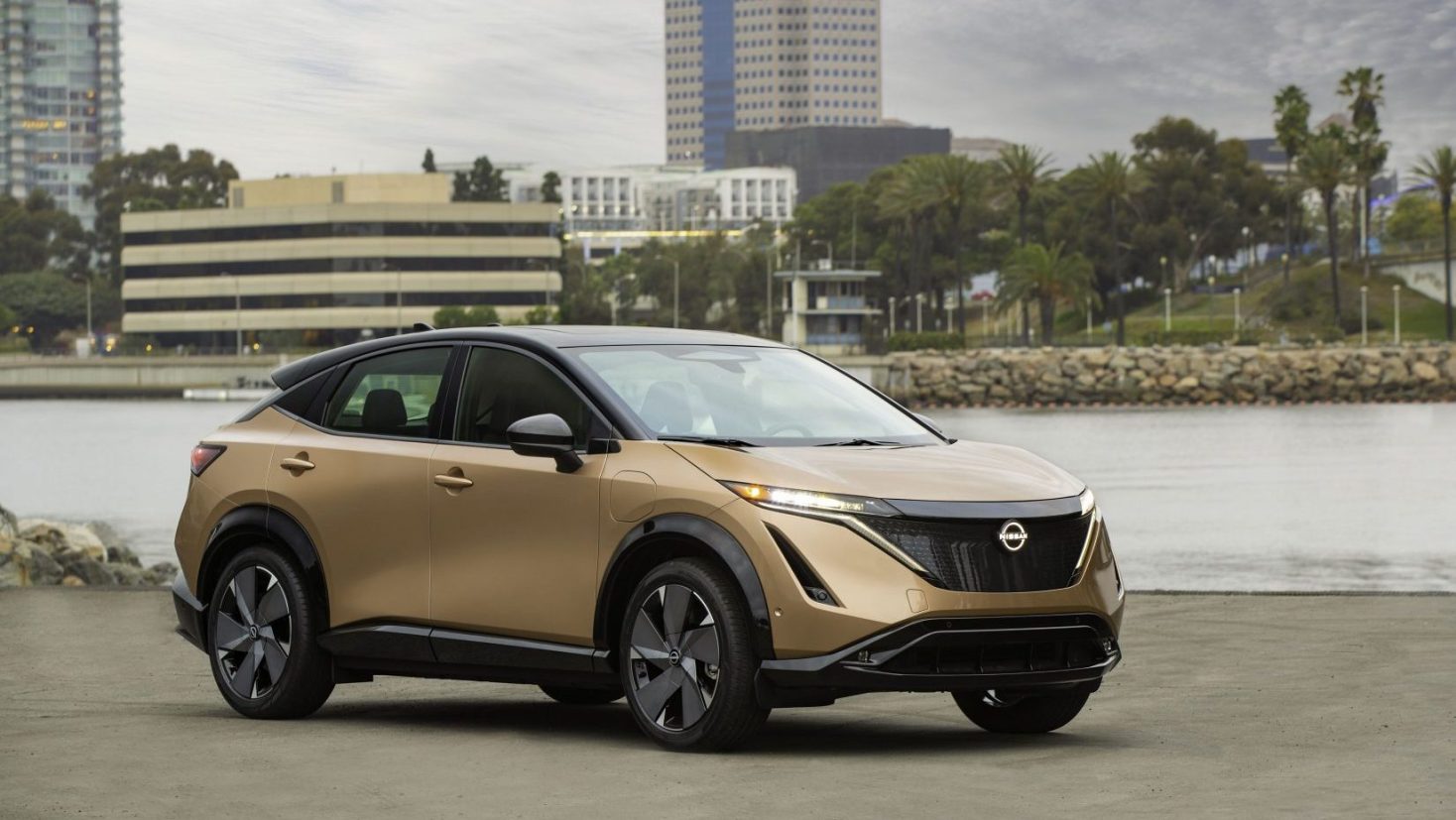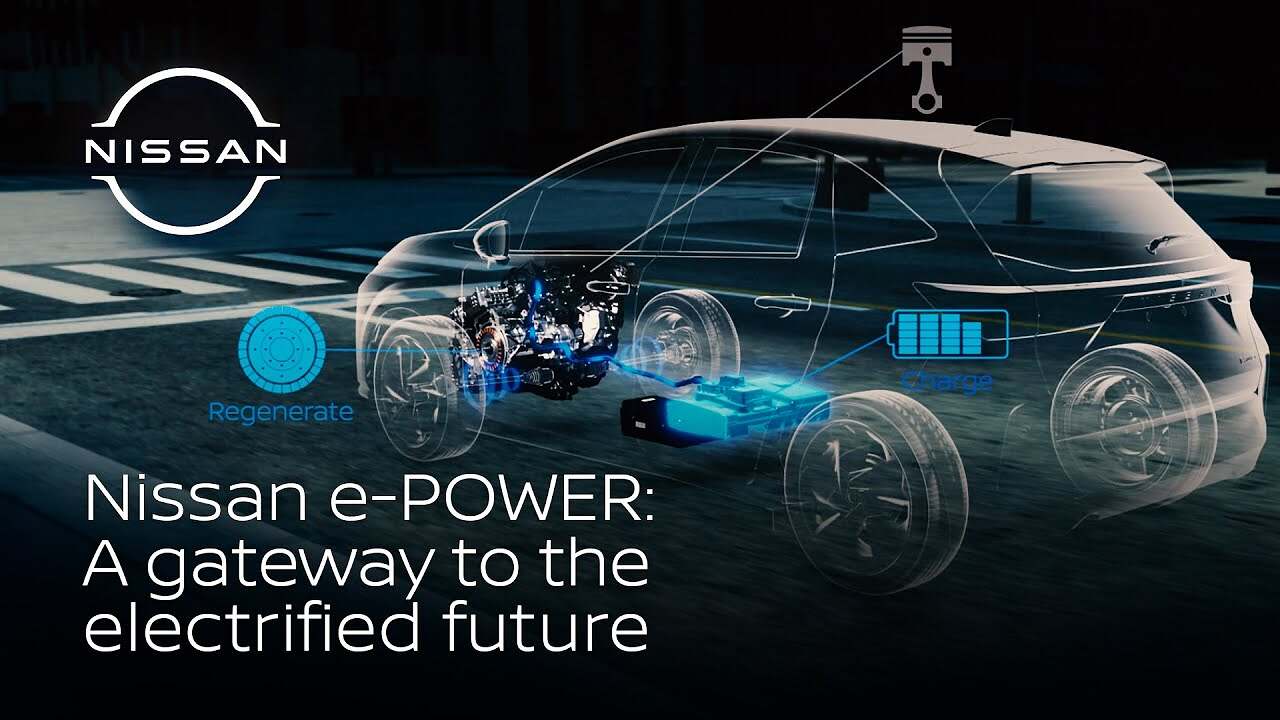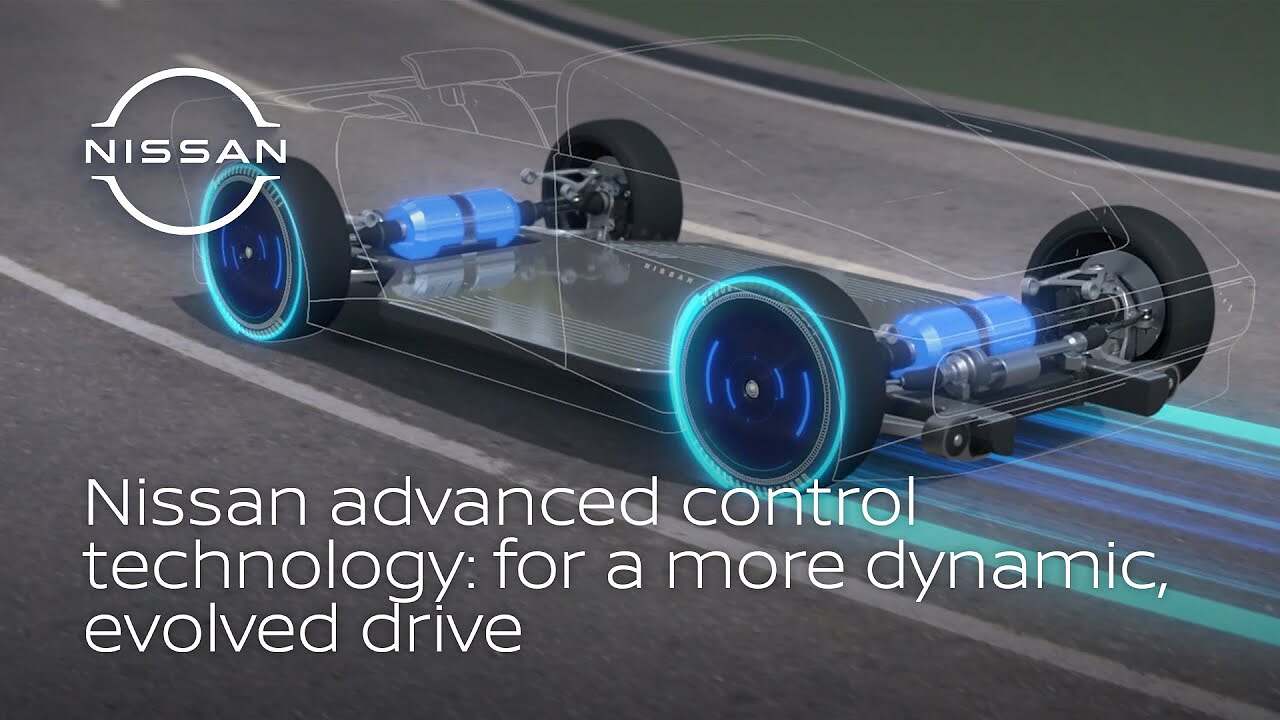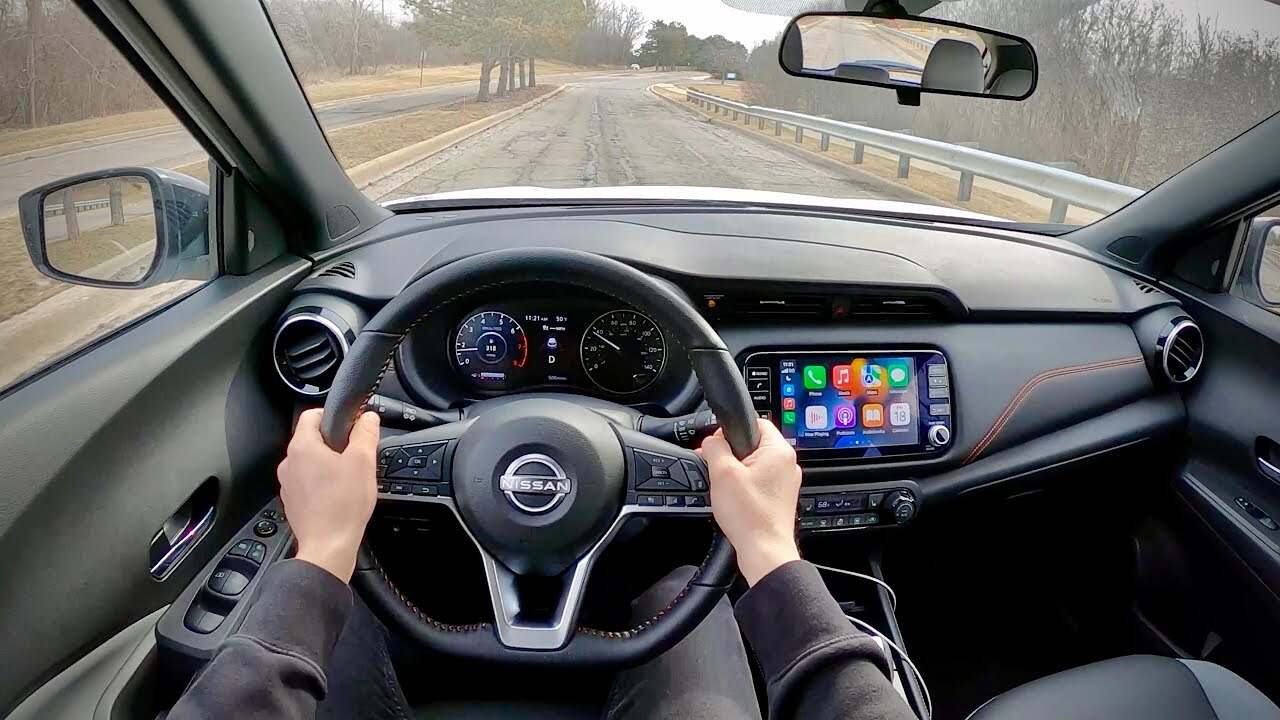EV batteries are evolving faster than many may realize, it was only few years ago when electric vehicles could only travel a few tens of kilometers. In 2023, SUVs are coming to market that will have travel ranges greater than 485 kms.
Even with these greater ranges, the job’s not done – there’s more room for advancement. We know that lithium-ion batteries can catch fire – sometimes spontaneously. Even with tech improvements like DC fast charging, recharge times are still relatively slow.
A new cell technology called all-solid-state battery (ASSB), maybe the solution to all, if not most of these Li-ion woes.
What is all-solid-state battery (ASSB)?
An all-solid-state battery (ASSB) is a type of battery that utilizes solid-state electrolytes instead of liquid electrolytes in order to increase safety and energy density. This technology has the potential to revolutionize the battery market, providing a safer and more reliable option for many applications.
How is ASSB different from traditional lithium-ion batteries?
The ASSB technology is based on a solid-state electrolyte, which replaces the liquid electrolytes used in traditional lithium-ion batteries. This solid-state electrolyte is a ceramic material that allows ions to move within the battery while maintaining a solid structure.
This type of electrolyte is much safer than traditional liquid electrolytes, as it is not flammable and does not pose a risk of leakage.
What are the advantages ASSB over traditional lithium-ion batteries?
ASSBs will offer a much higher energy density than traditional lithium-ion batteries; meaning that more energy can be stored in a smaller space. This means that ASSBs can be used in smaller devices, such as wearables, without sacrificing performance.
Furthermore, ASSBs are more efficient than traditional batteries, allowing for more energy to be stored in a smaller space.
Are ASSBs more environmentally friendly?
Solid state batteries are more environmentally friendly than traditional lithium-ion batteries. The solid-state electrolytes are made from non-toxic materials, which means that they do not pose any environmental hazards. The lack of liquid electrolytes means that the risk of leakage is greatly reduced.
Conclusion
Solid state battery technology is still in its early stages, but it has the potential to revolutionize the battery market. This technology offers a much safer, more reliable, and more efficient option for many different applications.
As the technology develops, it is likely that we will see more and more devices using ASSB technology in the future.
Main image courtesy: Nissan



